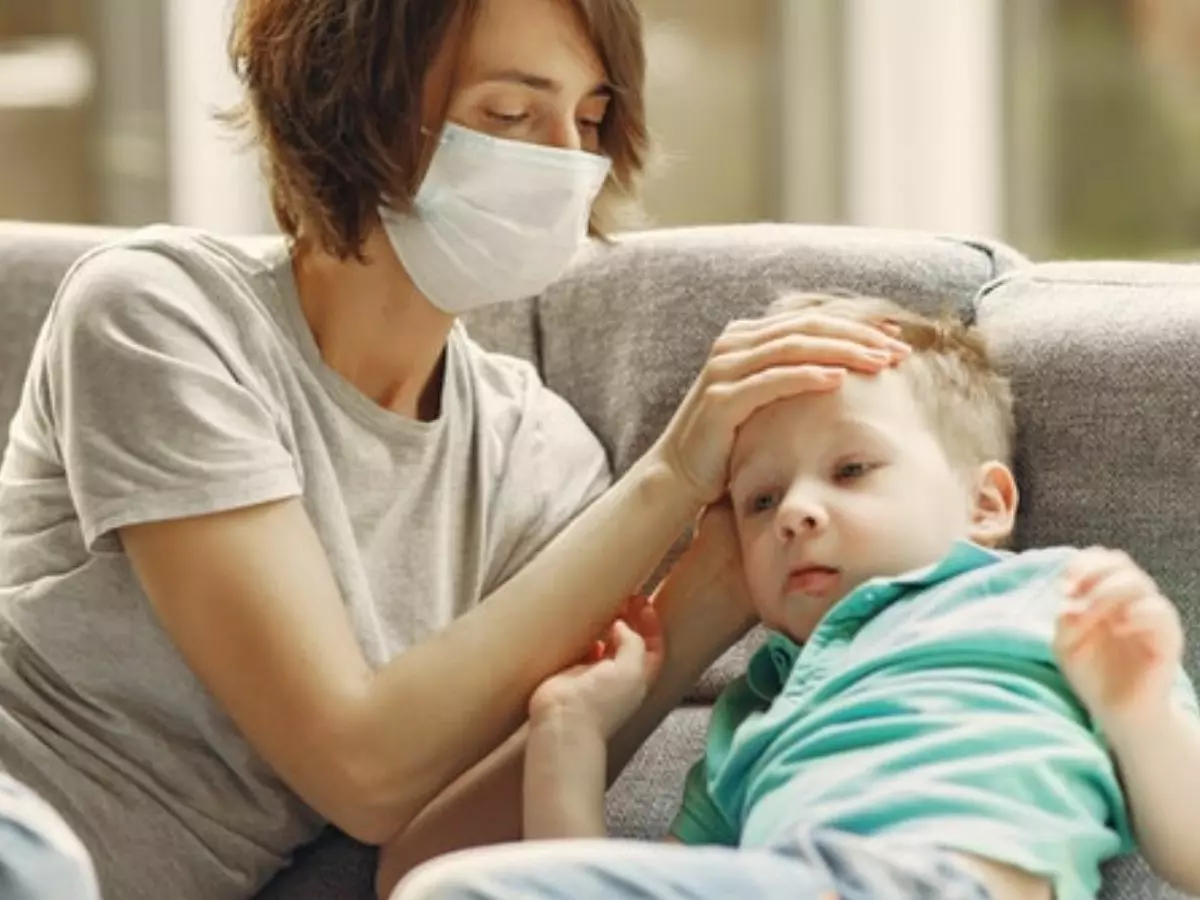Kids In US-Europe Are Falling Sick With Mystery Illness, Due To COVID-19 Say Doctors
Researchers point out that more research is needed with a larger sample size from around the world.

Some kids also had redness in eyes while some experienced a sudden drop in blood pressure, also known as ¡®shock¡¯, requiring them to be in intensive care to survive. Over 102 cases have been investigated by health officials in New York till now.
 Pexels
Pexels
The symptoms at the time felt to be very similar to Kawasaki disease. However, the symptoms were more deadly too. And now research has revealed that it is a distinct illness of its own, linked to the novel coronavirus.
Researchers in Italy¡¯s papa Giovanni XXIII hospital looked at cases of kids suffering from Kawasaki syndrome or diseases similar to that from January 2015 to April 20, 2020.
They discovered that only 19 children were diagnosed with the aforementioned condition in the five-year period. However, between February and April, doctors saw 10 cases diagnosed with similar symptoms then -- a 30-fold increase.
These kids were tested through a PCR test that looks for infections in the human body, as well as antibodies testing that looks for the presence of COVID-19. Eight out of ten children tested positive for COVID-19.
Researchers also warn that two negative results could be false negatives as they were tested just after receiving a high dose of immunoglobulin that could have altered the result.
 Reuters
Reuters
Researchers also pointed out that six out of ten cases got sicker and revealed severe symptoms and heart complications -- whereas among the 19 cases initially admitted, only two patients faced such complications.
Normally, Kawasaki disease affects kids below the age of 5, however, cases have now emerged of people as old as seven and a half years on average (compared to an average of 3 years previously), suffering from this.
Researchers point out that more research is needed to determine with a larger sample size from different regions around the world.
They said, "This condition might be serious and requires prompt and more aggressive management. Future research on the cause of Kawasaki disease and similar syndromes should focus on immune responses to viral triggers."
